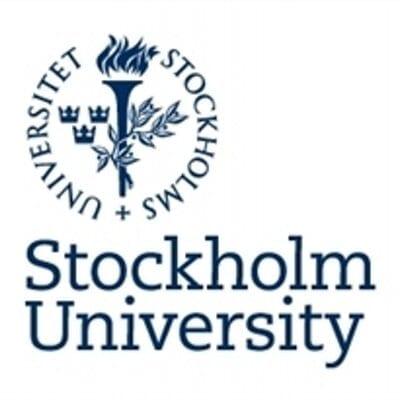
The University of York (informally York University, or simply York, abbreviated as Ebor. for post-nominals), is a research-intensive plate glass university located in the city of York, England
The Latest Bing News on:
University of York Research
- Paralyzed former Rutgers athlete expands bourbon brand into NY, donates $5.20 of every sale to research
Eric LeGrand's bourbon brand is expanding its reach from New Jersey and Kentucky into New York. The brand is donating proceeds from cases sold to paralysis research.
- National ‘All of Us’ genetic research program visits UB this week
Called the All of Us Research Program, the project has enrolled and collected data on close to 800,000 people since 2017 in hopes of expanding and diversifying the amount of information available for ...
- Hundreds of anti-Israel protesters march across NYC, hitting every university tent city: ‘This is a siege’
This is a siege. They want to starve us to keep us from staying and holding our ground. The administration is scared of the students and frankly, they should be.” ...
- State Takeovers of School Districts Still Happen. New Research Questions Their Value
For much of America’s K-12 education system, “local control” is a bedrock principle, with core funds coming from local property tax collections and residents electing representatives to the school ...
- What a 1968 Columbia University protester makes of today's pro-Palestinian encampment
A college professor who protested the Vietnam War in 1968 compares her experiences with the pro-Palestinian protests currently happening at Columbia University.
The Latest Bing News on:
University of York Discovery
- Allen J. Bard obituary: electrochemist whose techniques underpin clinical diagnostics, materials discovery and more
Born and raised in New York City, Bard studied chemistry at the City College of New York in 1955. He did his graduate studies (1955–58) at Harvard University in Cambridge, Massachusetts, briefly under ...
- Second Circuit Takes on Case Involving Discovery of Regular Employees in Union Debate
A pending Second Circuit case will likely decide whether employers facing a preliminary injunction proceeding brought by the National Labor Relations Board can obtain court-sanctioned discovery from ...
- NYC-based AI drug discovery company moves HQ to Cambridge
If you are not in Boston, you are not in biotech, in my opinion,” said the founder of Insilico, a 10-year-old AI drug discovery company that's moving its headquarters from New York to Massachusetts.
- New curator of photography at San Diego museum hopes to ‘inspire a sense of discovery’
Growing up in New York City, in a family that cared about art, meant a life filled with museums, books, and movies for Kara Felt. It made sense that she would go on to earn degrees in art from Yale ...
- Astrophysicist says that discovery of alien life could be ‘just a couple of years away’
Astrophysics professor Lisa Kaltenegger is leading the charge in one of humanity’s most captivating endeavors — the search for life beyond Earth.








